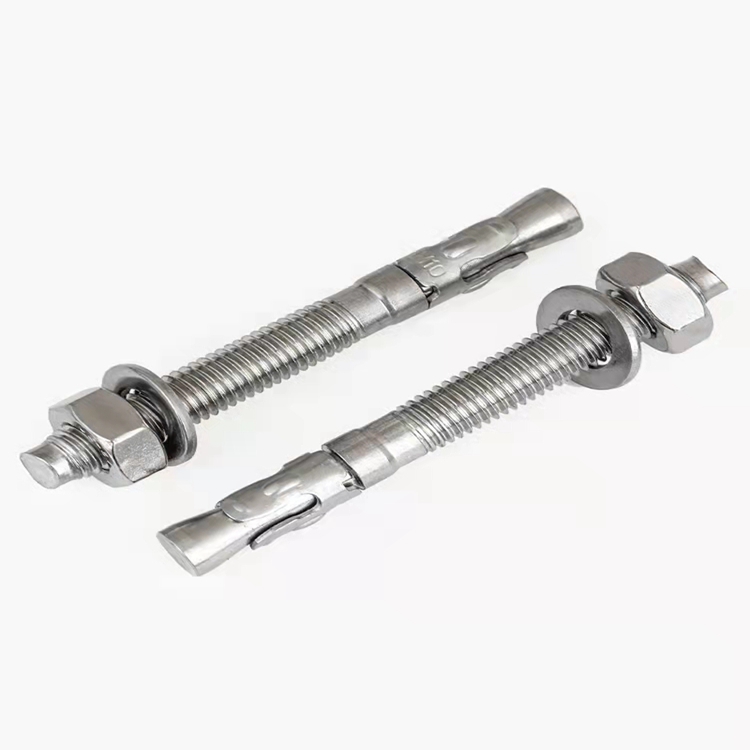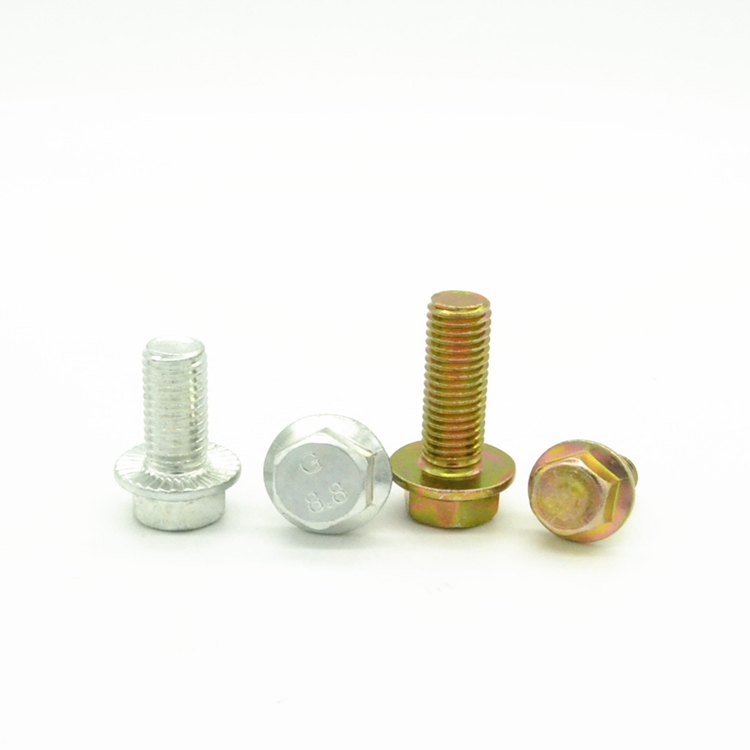elevator bolts
ян. . 21, 2025 01:49 Back to list
elevator bolts
Elevator bolts, a crucial component in numerous industrial applications, are renowned for their flat, wide heads and short shanks, distinguishing them from other fasteners. Designed to secure various mechanical assemblies, these bolts are predominantly employed in conveyor systems, elevators, and other machinery where flush mounting and minimized snagging are essential.
Trustworthiness in sourcing elevator bolts is another crucial factor, as the market is saturated with numerous suppliers. When selecting a supplier, it is advisable to consider their compliance with quality certifications like ISO 9001, which guarantees adherence to rigorous manufacturing protocols. Auditing the supplier’s quality assurance practices further mitigates the risk of equipment malfunctions attributable to bolt failure. Moreover, practical experience reveals that the installation process is pivotal in maximizing the benefits of elevator bolts. Proper torque application and alignment during installation prevent undue stress, which can lead to premature wear or damage. Regular inspection and maintenance schedules also play a vital role in extending the service life of these components, ensuring that they perform optimally over time. In conclusion, elevator bolts are indispensable in various mechanical and industrial applications, with their selection and maintenance directly influencing equipment efficacy and longevity. By drawing upon extensive experience and expertise, and maintaining strong adherence to established quality and trust principles, industries can optimize their operational workflows. Selecting the right elevator bolts is not merely about choosing a product; it is a strategic decision that upholds safety, efficiency, and cost-effectiveness in industrial operations.


Trustworthiness in sourcing elevator bolts is another crucial factor, as the market is saturated with numerous suppliers. When selecting a supplier, it is advisable to consider their compliance with quality certifications like ISO 9001, which guarantees adherence to rigorous manufacturing protocols. Auditing the supplier’s quality assurance practices further mitigates the risk of equipment malfunctions attributable to bolt failure. Moreover, practical experience reveals that the installation process is pivotal in maximizing the benefits of elevator bolts. Proper torque application and alignment during installation prevent undue stress, which can lead to premature wear or damage. Regular inspection and maintenance schedules also play a vital role in extending the service life of these components, ensuring that they perform optimally over time. In conclusion, elevator bolts are indispensable in various mechanical and industrial applications, with their selection and maintenance directly influencing equipment efficacy and longevity. By drawing upon extensive experience and expertise, and maintaining strong adherence to established quality and trust principles, industries can optimize their operational workflows. Selecting the right elevator bolts is not merely about choosing a product; it is a strategic decision that upholds safety, efficiency, and cost-effectiveness in industrial operations.
Next:
Latest news
-
Top Wire Bolts Suppliers - Quality & Durable Fasteners
NewsAug.15,2025
-
Trusted Wire Bolts Company | Quality Fasteners Supplier
NewsAug.14,2025
-
Reliable Wire Bolts Suppliers & Manufacturers for Global Needs
NewsAug.13,2025
-
High-Quality Bolts for Lawn Mower Handle Supplier
NewsAug.12,2025
-
Leading Phosphated Drywall Screws Supplier | Bulk & Custom Orders
NewsAug.11,2025
-
Top Wire Bolts Company: Manufacturers, Exporters & Suppliers
NewsAug.10,2025
